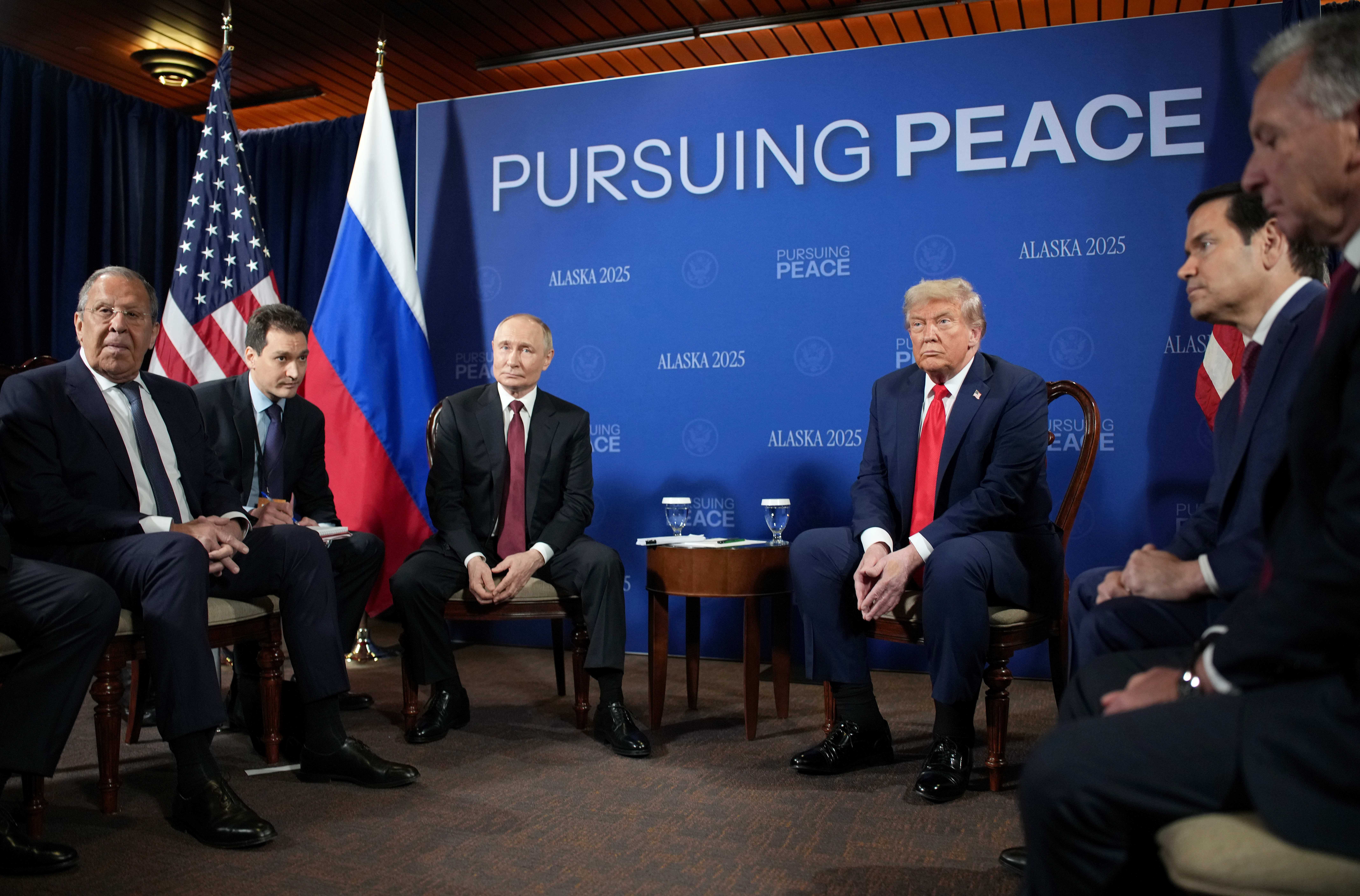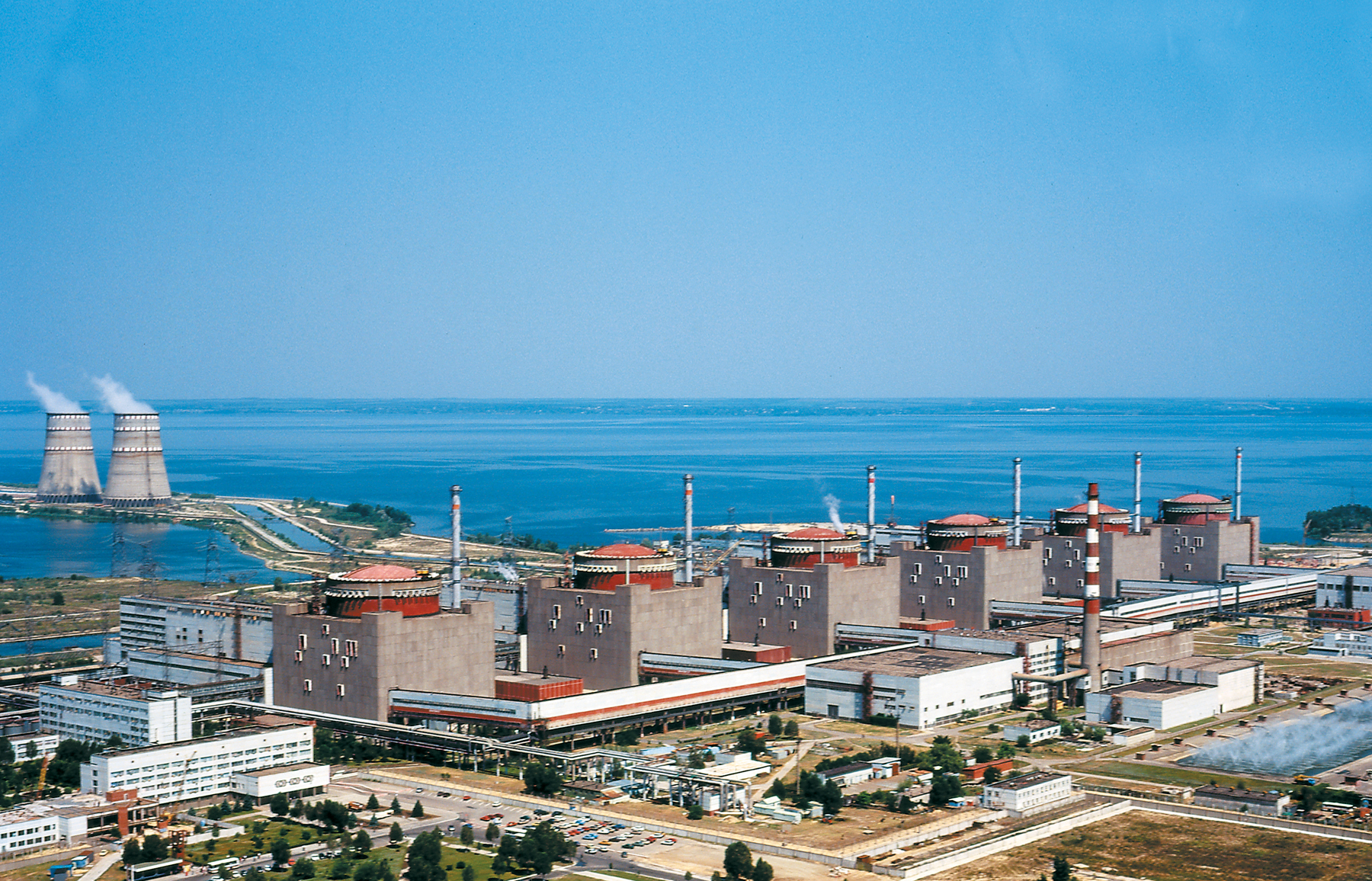RUSSIA, CHINA ANTICIPATE BOOMING BILATERAL INVESTMENT OPPORTUNITIES
RUSSIA, CHINA ANTICIPATE BOOMING BILATERAL INVESTMENT OPPORTUNITIES
Investment and energy issues will top the agenda of the bilateral Russo-Chinese summit Moscow later this month. Although Beijing has demonstrated a willingness to continue its economic expansion in Russia, Moscow is apparently trying to avoid an over-reliance on China.
Beijing has reiterated that energy ties with Russia are a priority. Chinese Foreign Ministry spokesman Liu Jianchao told a news conference that Chinese President Hu Jintao plans to discuss ways to boost bilateral cooperation, including investments and the energy sector, during his trip to Russia, starting June 30. “Energy cooperation is an important part of our partnership,” he said (RIA-Novosti, June 23).
Bilateral investment cooperation is booming. Within the past month, Russia and China signed investment agreements totaling more than $2 billion. Yelena Danilova, head of the macroeconomics division of the Russian Ministry of Economic Development and Trade, led the Russian delegation to the June 14-19 international trade and economics fair in Harbin, China. Nineteen deals worth $840 million were signed in Harbin, including nine investment agreements totaling $572 million. Deals signed in Harbin included Chinese investment projects to develop oil fields in Tyumen, Western Siberia, worth $120 million and a $39 million project to tap coal fields in Sakhalin. Seven investment agreements worth $1.5 billion were signed at the Second Russian-Chinese investment forum in St. Petersburg, earlier this month (RIA-Novosti, June 18). Most of the investment agreements involved Chinese ventures in Russia.
Moscow and Beijing have long wanted bilateral projects in energy infrastructure. In the mid-1990s, Russia and China discussed a project to build a $1.5 billion 2,600-kilometer-long power transmission line from Irkutsk region in Siberia to China. The two sides never agreed on electricity prices, and China abandoned the project in 1999. However, the situation has apparently changed recently. This year Russia is to supply 500 million kilowatt-hours (kWh) of electricity to China and 800 million kWh in 2006. Electricity supplies to China reached 300 million kWh in 2004.
Now Bureiskaya Power is looking for new customers for its electricity in Northeastern China (Interfax, June 17). The plant is able to produce more electricity than Russia’s Far East can consume, hence its search for export markets hardly comes as a surprise. Russian officials have indicated plans to export electricity to China from Bureiskaya Power for some time. The plant’s first unit was launched in June 2003 and is due to be completed in 2008.
Chinese firms have also pledged to invest in power transmission infrastructure. Xinhe, a company based in border town of Heihe, has indicated plans to invest the equivalent of $12 million to build a power transmission line across the Amur River in order to prepare for large-scale sales of Russian electricity to China (Interfax, June 20).
Moreover, Beijing reportedly has indicated interest in potential investments in Russian hydropower projects. Following talks with Chinese Prime Minister Wen Jiabao, Boris Gryzlov, speaker of the Russian State Duma, announced that China is keen to invest in Russia’s hydropower sector. According to Gryzlov, the Chinese could invest up to $12 billion in Russia through 2020. Gryzlov led a delegation from the State Duma to China from June 16 to 18 to discuss a number of bilateral issues, including China’s investments in Russia’s hydropower sector. According to Gryzlov, the Chinese side views investments in the Russian energy sector as a move towards increased electricity supplies from Russia eventually (RIA-Novosti, June 17).
Gryzlov’s announcement appears to indicate tentative Chinese plans to invest in Russia’s energy sector, including construction of new hydropower plants. Since the Russian domestic electricity market in Siberia and the Far East is not expected to expand significantly any time soon, new hydropower projects there would have no other viable alternative but to export electricity to China.
If these plans materialize, Chinese investments in new Russian hydropower plants would come as an ironic development. In the past, the Soviet Union built major hydropower stations in a number of destinations worldwide, from Vietnam to Egypt. However, in recent years Russian manufacturers of generating equipment and engineering firms have struggled to compete in international hydropower tenders.
Meanwhile, in terms of international diplomacy, Russia seems keen to develop broad discussions on energy issues not only with China, but with other major Asian players as well. According to Foreign Minister Sergei Lavrov, the Russian Foreign Ministry hopes “to start energy dialogue with China, India, Japan, and Korea in the future.” According to Lavrov, Moscow believes there are enormous opportunities for foreign investors in the construction and modernization of energy facilities (RIA-Novosti, June 18). With this list of potential partners, the Kremlin has indicated that it hopes to avoid an over-reliance on China and seek several sources of Asian investments to upgrade its energy sector.


